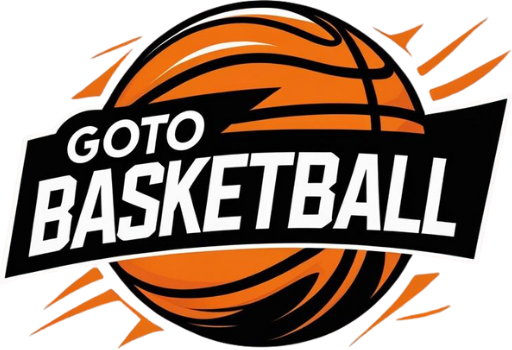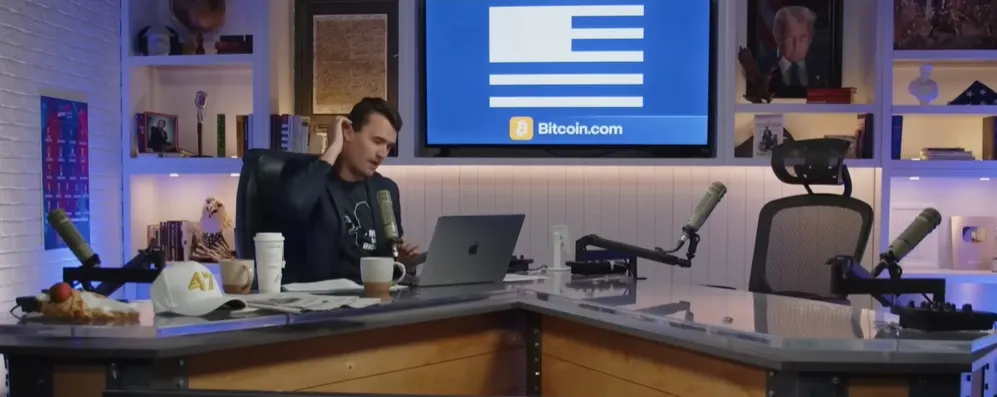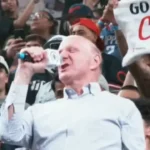1. The Tragedy That Shook the First Stop of “American Comeback Tour”
On September 10, 2025, conservative activist and Turning Point USA co-founder Charlie Kirk was shot and fatally wounded during a speaking event at Utah Valley University in Orem, Utah. The event, titled the American Comeback Tour, was the first scheduled stop. Witnesses and university officials reported the gunshot came from roughly 200 yards away, from the roof of the Losee Center amphitheater. He was struck in the neck.Wikipedia
- 1. The Tragedy That Shook the First Stop of “American Comeback Tour”
- 2. Broad Reactions: From Grief to Political Turmoil
- 3. Sports Worlds Weigh In: Yankees Moment of Silence, Butker’s Message
- 4. Historical & Social Context: Why This Moment Cuts Deep
- 5. My Take: Fragility, Responsibility & What Comes Next
- 6. What’s Still Unknown & What We Should Be Watching
- 7. The Power of Solidarity: Sports, Faith & National Mourning
- 8. Final Thoughts: Between Remembrance and Reckoning
The amphitheater was estimated to have about 3,000 attendees, and security was present (private, campus, and local police), but there were reports of lax screening (no metal detectors, open access). Authorities say two people were initially detained but later released as they were determined not to be connected to the shooting. The suspect remains unknown.
2. Broad Reactions: From Grief to Political Turmoil
The response to Kirk’s death was swift, widespread, and deeply polarized.
-
Political Leaders: President Donald Trump ordered flags flown at half-staff and made public statements. Governors, members of Congress and others from both parties expressed condolences, though many conservative voices immediately blamed political rhetoric and “the radical left” for creating an environment that enabled such violence
-
Public & Media: Social media was flooded with grief, prayers, and outrage. Commentators debated whether this was a political assassination, what responsibility institutions and speech have, and how to prevent further violence.
3. Sports Worlds Weigh In: Yankees Moment of Silence, Butker’s Message
In the sports world, reactions came from unexpected quarters. Two stood out:
Yankees Hold Moment of Silence
On the evening following the news, the New York Yankees held a moment of silence before their game in tribute to Charlie Kirk. The gesture of athletics meeting politics served as a symbol of mourning that transcended usual sporting boundaries.
Harrison Butker’s Faith-Centered Tribute
Harrison Butker, kicker for the Kansas City Chiefs, took to social media (X) with a message rooted in faith. He emphasized Kirk’s role as husband and father, his witness for Christianity, and asked for eternal rest for Kirk and for solace for all the faithful departed.Heavy Sports
Butker also reposted a private text exchange with Kirk from October, in which Kirk quoted Philippians 3:14: “I press on toward the goal for the prize of the upward call of God in Jesus Christ,” to which Butker replied, “On the mission. Thank you.” That earlier connection adds personal depth: they’re not just reacting from afar but had interacted.
4. Historical & Social Context: Why This Moment Cuts Deep
To understand why this event has resonated so sharply, one must consider the broader climate in U.S. political culture and history.
A Pattern of Politically Motivated Violence
Recent years have seen a disturbing pattern: political figures and public voices being targeted. Examples include assassinations, shootings of lawmakers, violent threats, and hostility tied to speech. Kirk’s death, therefore, is not seen by many as isolated.
The Role of Free Speech & Campus Events
Kirk’s work has often centered on free speech, activism on campuses, and contentious debates (on topics like gender, identity, and ideology). His events have drawn both support and controversy. That tension is part of what makes the vulnerability of such public appearances more real.
Faith & Identity in Public Life
The way Kirk’s faith and identity as husband, father, and Christian leader are being emphasized (by Butker, others) is reflective of how many Americans see public figures not just as political agents but as moral symbols. That dual role intensifies reactions when tragedy strikes.
5. My Take: Fragility, Responsibility & What Comes Next
Reading past the headlines, there are several key lessons and concerns that emerge:
Vulnerability of Public Voices
When someone speaks publicly, especially on contentious topics, they expose themselves. Whether through hate, opposition, or even ideological backlash, public figures have always faced risk. But what we’re seeing now suggests those risks are escalating. The lack of robust security (e.g., as reported in Kirk’s event) becomes a serious concern. If an event can be disrupted from 200 yards, with limited screening, that’s alarming.
Speech vs. Violence: Blurred Lines
There’s often debate about whether strong political rhetoric leads to violence. As is always the case, cause and effect are hard to prove. But in this moment, many are saying that the tone of political conversation—the demonization of opponents, polarization, and misrepresentations helps create an environment where violent acts become more likely. Whether that’s fully true or not, the perception matters. Not addressing it only inflames division.
The Need for Dignified Mourning, Not Weaponizing Tragedy
Public grief is a genuine thing. But the danger is when mourning becomes a battleground for political points. Already, words like “radical left” and “revenge” are being used. That may reflect genuine sentiment, but using tragedy for polarizing slogans risks making violence acceptable rhetoric. I believe many want justice, not more division, but the public conversation is at risk of becoming its own wound.
6. What’s Still Unknown & What We Should Be Watching
There are several open questions and developments to follow:
-
Who is the shooter? Motive, background, and whether this was ideological or personal will matter a lot for wider implications. So far, no one has been conclusively identified.
-
Security protocols at public events, especially in higher education settings: will universities change how they vet events, manage crowd control, and gear toward safety?
-
Legislative or policy responses: could this lead to renewed discussion of gun control, protection of free speech spaces, or safety for public speakers?
-
Public discourse shift: will media, political leaders, and influencers temper their language knowing consequences, or will the escalation continue?
7. The Power of Solidarity: Sports, Faith & National Mourning
One striking thing is how quickly communities outside of politics responded to sports teams, religious leaders, and even rival political factions. The Yankees’ moment of silence and Butker’s tweet aren’t just gestures; they show that certain events break past fences.
-
Sports teams are often seen as apolitical or entertainment, but they draw millions of eyes and have cultural pull. When a baseball team momentarily halts its game to honor a fallen public figure, that signals something deeper in the national mood.
-
Similarly, faith leaders and faith-based expressions (like Butker’s) show how religion remains intertwined with identity and public life in America.
These responses can be part of healing if they center on respect, remembrance, and prevention, rather than sharpening divisions.
8. Final Thoughts: Between Remembrance and Reckoning
Charlie Kirk’s death is profoundly sad not just because of what was lost, but for the questions it forces us to confront. In a time when political division is high, public discourse is sharp, and violence is creeping closer, there’s a fragile line between dissent and danger.
We mourn him as husband, father, speaker, activist. We also must reckon: what role have we all played (leaders, media, citizens) in creating a climate where this feels possible? And how do we move forward without fear, but also with responsibility?
America, as always, must decide whether this will become another tragic footnote or a turning point for how we treat speech, safety, and solidarity.





